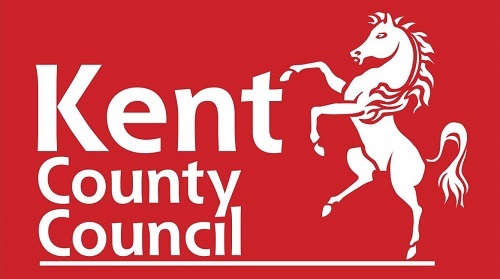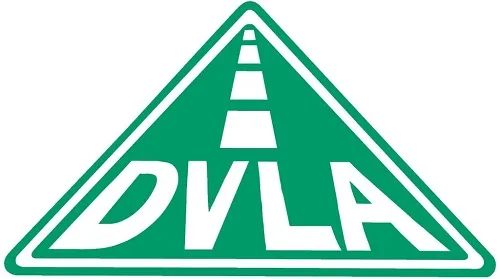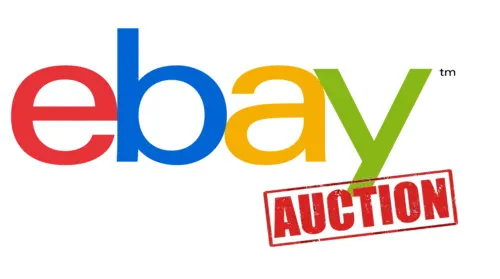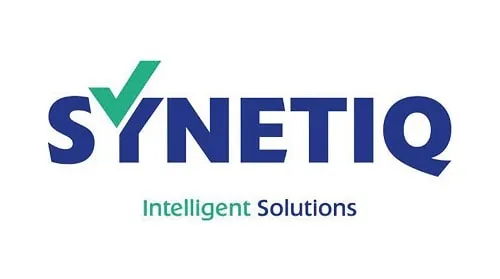What Are The Benefits Of Recycling Lead?
Reclamet Limited
View ALL WASTE SERVICES
Reclamet Limited
View ALL WASTE SERVICES
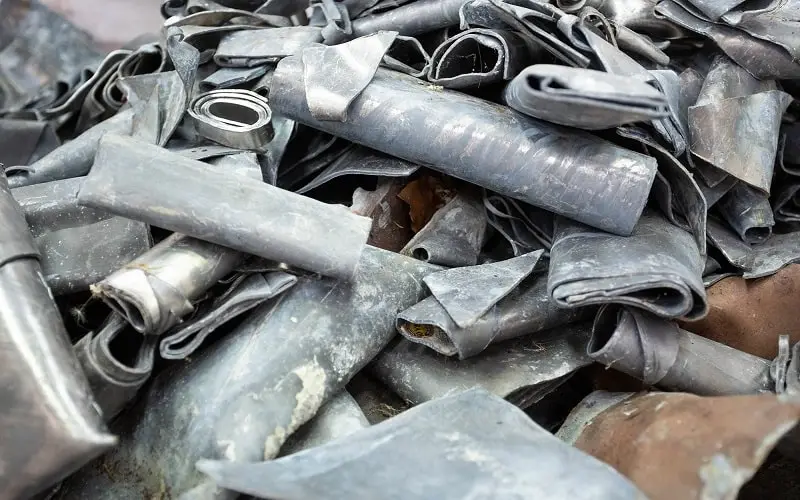
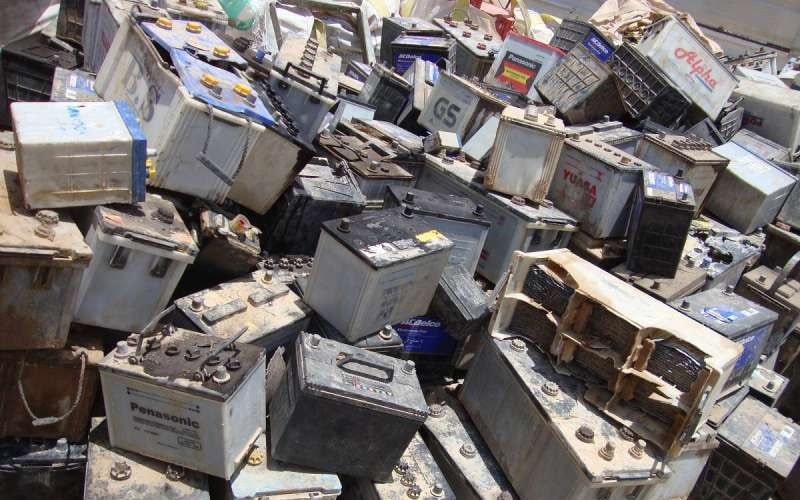
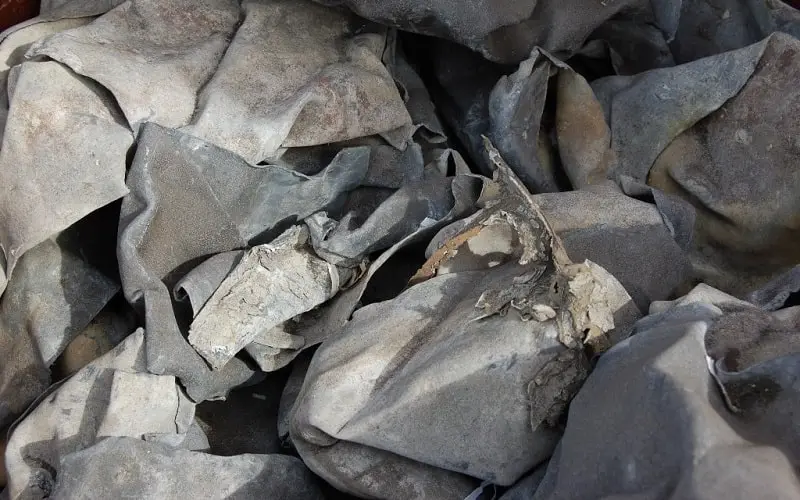
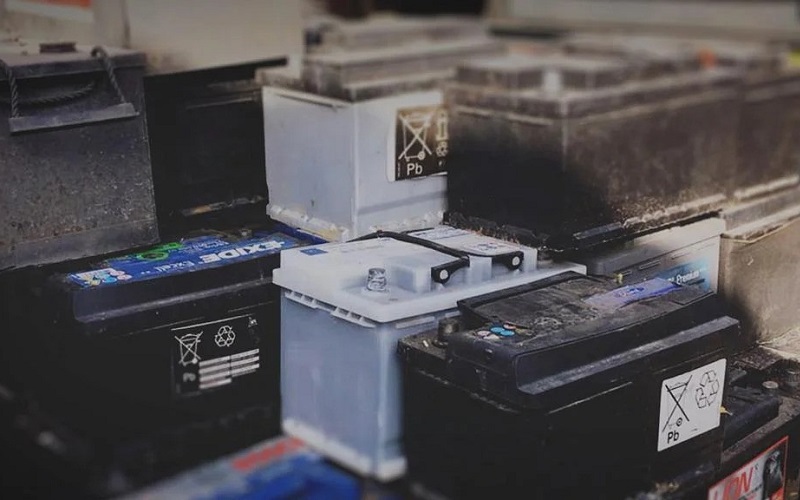
What are the benefits of recycling lead?
Lead is a recyclable metal with some of the highest recycling rates of all materials commonly used today. More lead is produced through recycling than mining. With natural properties such as malleability and softness, lead is valuable and usable in many applications. Recycled lead is no different from newly sourced metal in terms of quality and can often be reused without limits.
Additionally, lead-based products can be easily identified, allowing for a relatively simple collection and recycling process. As a result, the rising demand for second-hand lead has supported the growth of the healthy recycling industry in the U.K.
Can lead batteries be recycled?
An estimated 85% of the lead used today is in batteries (mainly lead-acid batteries). All lead in batteries can be recycled and recovered to produce new products. The disposal of batteries is a highly regulated area, with tight controls stipulating their separation from the household waste stream and landfill sites. When batteries are burned or left to decay with other waste, harmful chemicals (such as mercury, cadmium, and lead) can leak into the environment.
Why recycle batteries?
Recycling batteries reduces pollution, which can harm people, animals, and the wider environment; batteries have numerous commercial benefits. Lead is a limited resource, a naturally occurring material that can only be mined at a substantial cost – financially and environmentally. Burying or burning such valuable resources is highly uneconomical. An estimated 74% of all lead used in the U.S. and Europe is produced through recycling.
U.K. legislation also requires distributors, manufacturers and distributors to ensure batteries are reused, recycled and collected. Failure to comply with the law can result in a financial penalty.
Where can I sell and recycle my scrap lead?
Scrap lead metal and batteries should be taken to an Approved Authorised Treatment Facility (AATF) or Approved Battery Treatment Operator (ABTO). Only these businesses are licensed to treat, recover and recycle waste electronics.
U.K. law also states that cash payments for scrap metal are illegal – any money transfer of scrap metal should be paid off through cheque or electronic bank transfer only.
As a fully licensed AATF, Reclamet Limited specialises in the collection and recycling of lead and is fully licensed to recycle lead and batteries.
Scrap lead prices
The price of scrap lead can fluctuate daily, depending on a range of factors. These can include local demand and locality from manufacturers and worldwide trade. The scrap lead prices you will receive will also depend on the metal’s quality being traded. In most cases, scrap metal is typically priced per kilogram or ton/tonne.
At Reclamet Limited, we ensure our customers get a great deal for their scrap metal by using the latest prices and up-to-date weighing technologies to ensure accuracy and fairness when trading.
Call Reclamet, the scrap metal specialist you can rely on.
Call: 01843 800800
Email: enquiries@reclamet.co.uk

What are the benefits of recycling lead?
Lead is a recyclable metal with some of the highest recycling rates of all materials commonly used today. More lead is produced through recycling than mining. With natural properties such as malleability and softness, lead is valuable and usable in many applications. Recycled lead is no different from newly sourced metal in terms of quality and can often be reused without limits.
Additionally, lead-based products can be easily identified, allowing for a relatively simple collection and recycling process. As a result, the rising demand for second-hand lead has supported the growth of the healthy recycling industry in the U.K.
Can lead batteries be recycled?
An estimated 85% of the lead used today is in batteries (mainly lead-acid batteries). All lead in batteries can be recycled and recovered to produce new products. The disposal of batteries is a highly regulated area, with tight controls stipulating their separation from the household waste stream and landfill sites. When batteries are burned or left to decay with other waste, harmful chemicals (such as mercury, cadmium, and lead) can leak into the environment.
Why recycle batteries?
Recycling batteries reduces pollution, which can harm people, animals, and the wider environment; batteries have numerous commercial benefits. Lead is a limited resource, a naturally occurring material that can only be mined at a substantial cost – financially and environmentally. Burying or burning such valuable resources is highly uneconomical. An estimated 74% of all lead used in the U.S. and Europe is produced through recycling.
U.K. legislation also requires distributors, manufacturers and distributors to ensure batteries are reused, recycled and collected. Failure to comply with the law can result in a financial penalty.
Where can I sell and recycle my scrap lead?
Scrap lead metal and batteries should be taken to an Approved Authorised Treatment Facility (AATF) or Approved Battery Treatment Operator (ABTO). Only these businesses are licensed to treat, recover and recycle waste electronics.
U.K. law also states that cash payments for scrap metal are illegal – any money transfer of scrap metal should be paid off through cheque or electronic bank transfer only.
As a fully licensed AATF, Reclamet Limited specialises in the collection and recycling of lead and is fully licensed to recycle lead and batteries.
Scrap lead prices
The price of scrap lead can fluctuate daily, depending on a range of factors. These can include local demand and locality from manufacturers and worldwide trade. The scrap lead prices you will receive will also depend on the metal’s quality being traded. In most cases, scrap metal is typically priced per kilogram or ton/tonne.
At Reclamet Limited, we ensure our customers get a great deal for their scrap metal by using the latest prices and up-to-date weighing technologies to ensure accuracy and fairness when trading.
Call Reclamet, the scrap metal specialist you can rely on.
Call: 01843 800800
Email: enquiries@reclamet.co.uk

